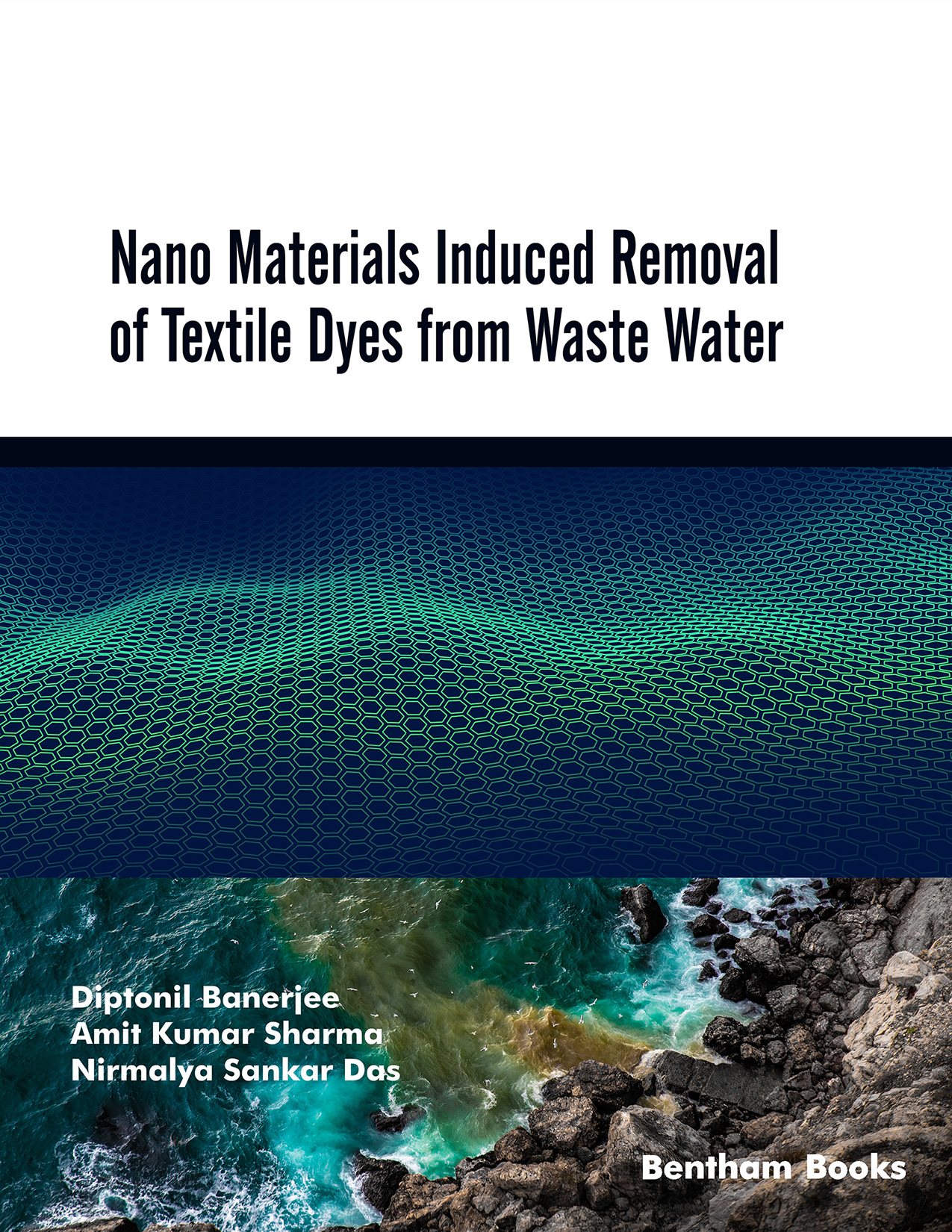Introduction
Nanotechnology has progressed to the point where it can mimic natural systems such as porous membranes or the structure of leaves. Technological advances have resulted in a boom in the use of nanotechnology in different areas of engineering, including water purification systems. This book explores nanomaterials used for removing various textile dyes from water. It compiles 8 chapters that discuss the materials and nano systems used in these processes.
This reference is designed to provide answers to common questions for scholars, academicians and technologists about fundamentals of nanoscience and nanomaterial induced removal of textile dyes. College students (physics, chemistry and materials science, engineering) will be able to easily understand the subject matter.
Key Features:
- - Covers the basics of nano systems, from synthesis to applications
- - Explains the basics of nanomaterial behavior and characterization
- - Describes the classifications of dyes
- - Explains the interactions nanomaterials with different dyes
- - Explains the reaction mechanisms of photocatalysis and the kinetics behind adsorption – two important methods for removing dyes from water
- - Discusses nano systems that are useful for textile dye removal from water. 3 types of nano systems are included: carbon based, oxide based, polymer based or nitride based systems
- - Includes references for further reading
- - Simple presentation for easy and quick understanding of the subject
Audience:
Scholars (PG, Grad and UG), academicians and technologists. College students (physics, chemistry and materials science, engineering).

